Postmodern Hermeneutics
A study of Language, Knowledge and Life-World by: S. PanneerselvamThe book attempts to apply postmodern hermeneutics in the study of language, i.e. the theory of meaning and interpretation of the life-world in human knowledge and understanding. Four types of hermeneutics – philosophical,radical, critical and deconstructive – are discussed and analysed under postmodern hermeneutics.
Original price was: ₹900.00.₹810.00Current price is: ₹810.00.
ISBN: 9789392443169
Year Of Publication: 2025
Edition: 1 st
Pages : xii,258
Bibliographic Details : Bibliography; Index
Language : English
Binding : Hardcover
Publisher: Suryodaya Books
Size: 21
Weight: 0.496
In the background of structuralism, poststructuralism and postmodernism, contemporary philosophy has taken a new turn. These three important movements gave rise to new social theories, which influenced the literary and cultural criticism, the new concept of writing, theory and discourse. Postmodern hermeneutics examines the significance of language, text and their interrelation in the context of the above theories.
The book is an attempt to apply postmodern hermeneutics in the study of language, i.e. the theory of meaning and interpretation of the life-world in human knowledge and understanding. Four types of hermeneutics such as, philosophical hermeneutics (Gadamer), radical hermeneutics (Ricoeur), critical hermeneutics (Habermas) and deconstructive hermeneutics (Derrida) are discussed and analysed under postmodern hermeneutics. All the above thinkers have been influenced and at the same time critiqued the contributions made by the great phenomenological masters like Edmund Husserl and Martin Heidegger. Postmodernism gives a new way of understanding hermeneutics by rejecting metanarratives, thus creating a new type of discourse, which was not hitherto seen or examined by previous forms of philosophizing.
Preface vii
- Postmodern Hermeneutics: An Introduction 1
- De-Transcendentalization of Kant: Heidegger, 13
Apel and Habermas
The Role of Reason in Post-Metaphysical Thinking 14
Heidegger’s Interpretation of Kant 20
Transcendental Hermeneutics 27
Metacritique 31
- Hermeneutics of Freedom and Facticity: 37
Heidegger, Sartre and Gadamer
Three Structural Elements of Human Existence 38
Hermeneutics of Facticity 38
Worldliness 41
Situating Sartre’s Notion of Freedom 44
Facticity and Freedom: Are They Two Poles? 49
Gadamer’s Encounter with Heidegger on 53
Hermeneutics of Facticity
Husserl’s Transcendental Subjectivity 55
Gadamer’s Critics: Habermas and Caputo 56
- The Paradigm of Philosophical Aesthetics: 61
Heidegger and Gadamer
The Need for Interpretational Aesthetics 62
Heidegger’s Phenomenological Understanding 64
of Aesthetics
Understanding Aesthetics through Language 64
Art and the “Forgetting of Being” 65
Participatory Aesthetics in Postmodern Understanding 66
Gadamer’s Aesthetic Approach through Hermeneutics 67
Aesthetic Conversation 69
Ontologoical Understanding of Aesthetics 71
The Relevance of the Beautiful 73
Transcending Aesthetics through Hermeneutics 75
- Philosophical Hermeneutics of Gadamer 77
All Understanding Is Interpretation 79
Significance of Tradition 81
Conversation 84
Philosophical Hermeneutics Is Ontological 88
- Transcending the Forms of Philosophizing: 93
The Derridian Schema
Disassembling the Existing Structures of Philosophy 93
Derridian Methodology 95
Logocentrism as a Form of Philosophizing: 98
The Derridian Critique
Derrida’s Critique of Phenomenology and Linguistic 100
Philosophy as Forms of Philosophizing
Does Deconstruction Aim at Nothingness as a 104
Form of Philosophizing?
- Language as Discourse: Ricoeur’s Hermeneutic 107
Phenomenology
Distinction between Structure and Event 108
Difference between Sign and Symbol 110
Theory of Discourse 113
Metaphor and Reality 118
Distanciation 120
- Feminist Critique of Philosophy of Science 123
Science and Non-Science 123
Feminist Critique of the Philosophy of Science 126
Quine’s Naturalized Philosophy of Science 129
Feminist Epistemology 131
- Habermasian Understanding of Rationalization 135
of the Life-World
Knowledge Guided by Plurality of Interests 136
The Distinction between Action and Discourse 139
The Ideal Speech Situation 141
The Relation of Language and Practice to 143
Communication
Shift from the Philosophy of Consciousness to 148
Communicative Action through the Philosophy
of Language
From Instrumental Reason to Communicative 150
Rationality
The Linguistification of the Sacred 157
System and Life-World: The Two Aspects of 160
Human Existence
The Objective, Social and Subjective Worlds of 161
Habermas
Cultural Traditions and the Life-world 163
- A Critique of Foucault’s Power and Knowledge 171
Genealogical History 171
Plurality Forms of Knowledge 173
Historiography 177
The Significance of Power 179
- Solidarity or Objectivity?: Richard Rorty’s 187
Methodology
Questioning Scientific Objectivity 187
Rorty as Anti-Foundationalist and Anti- 192
Representationalist
Truth for the Sake of Community 193
Is There Relativism Involved? 197
Our Conversational Partners 199
- Phenomenology of Language From Fodor 201
to Dennett
Understanding Fodorian Project 201
Computational Theory of Mind 204
Classicism vs Connectionism 207
Fodor’s Theory of Intentional States and Processes 210
New-Dualism and Its Implication on Fodor’s 212
Computational Theory of Mind
Evaluating Fodor 216
Phenomenology of Consciousness 218
Bibliography 221
Index 231


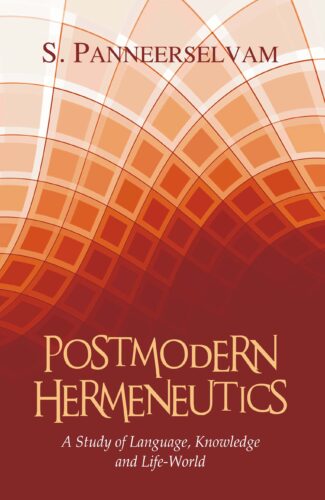

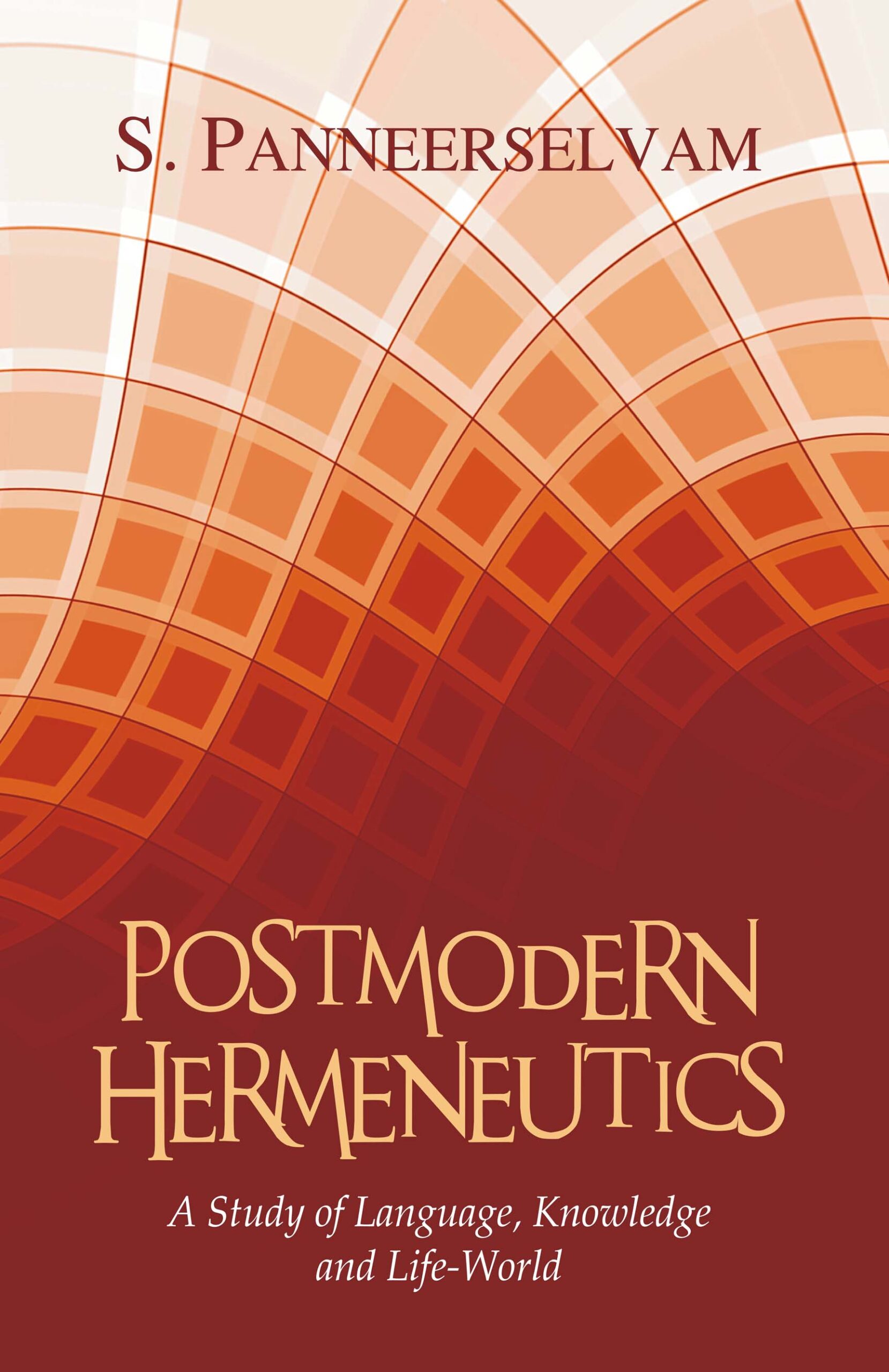

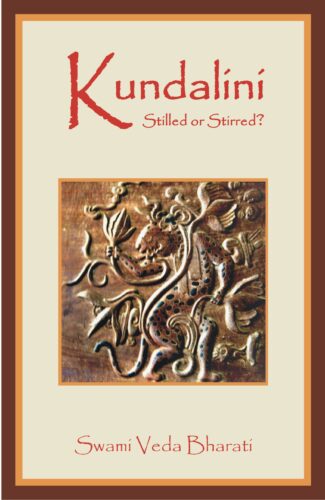
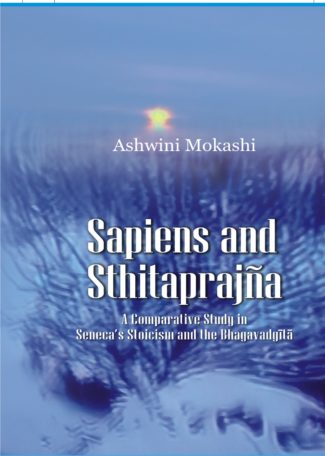
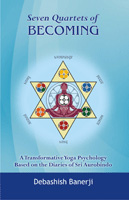
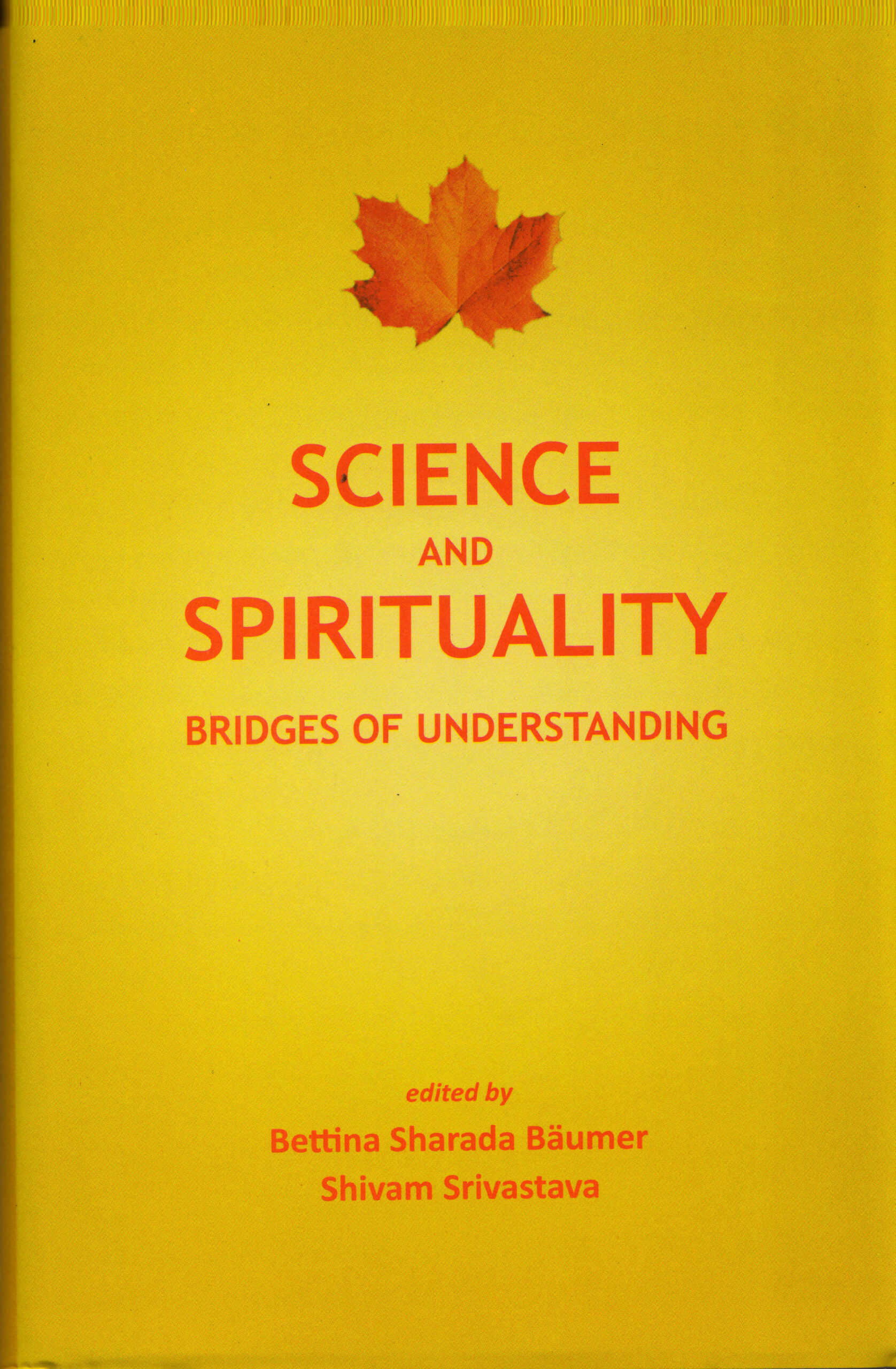
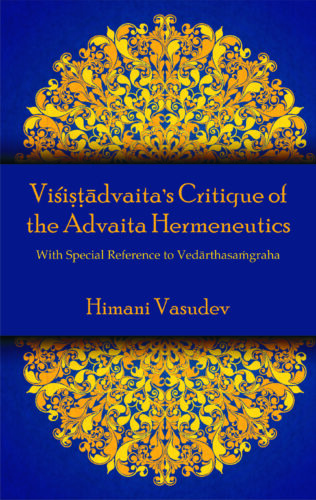
There are no reviews yet.